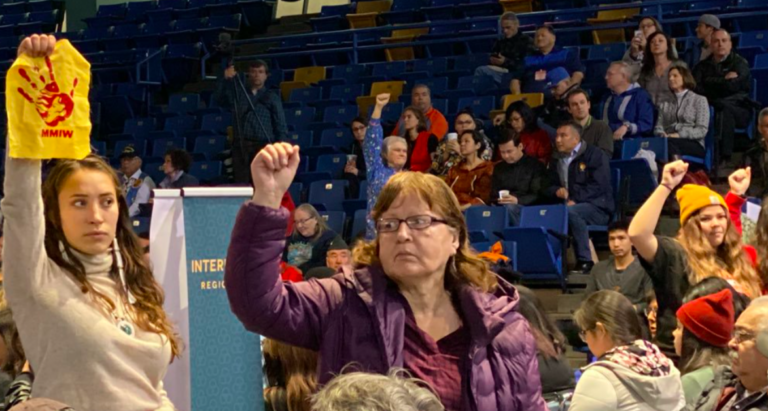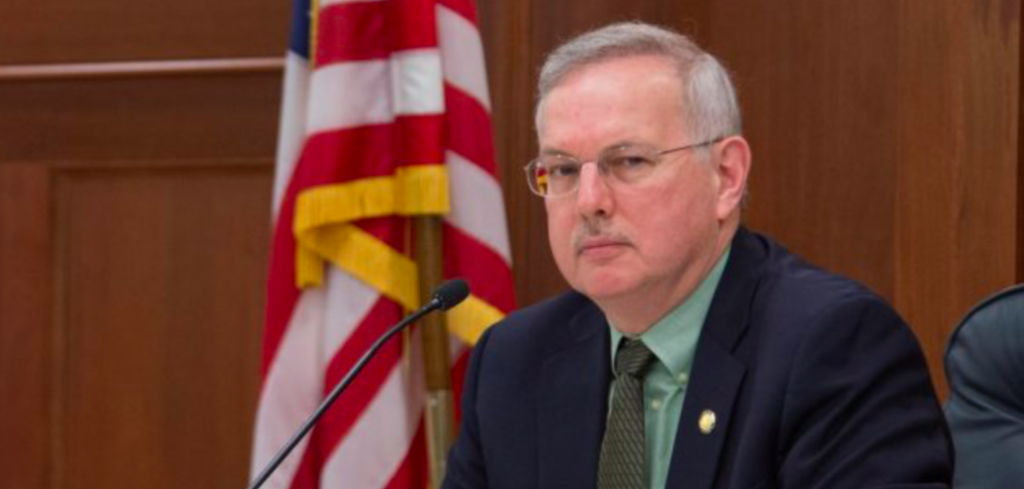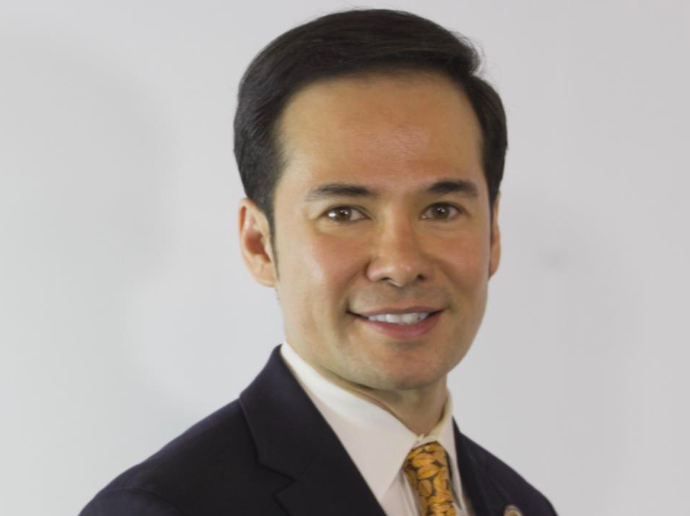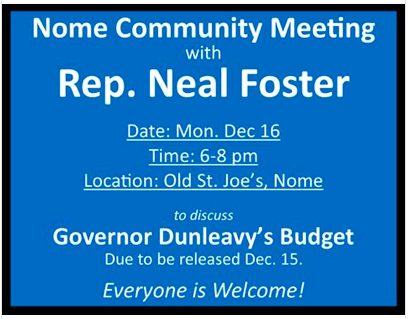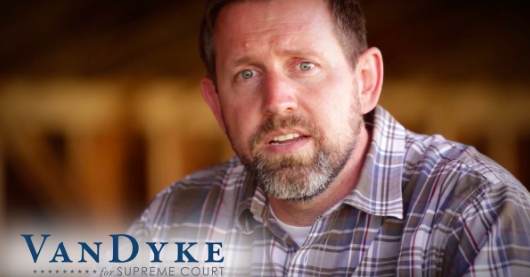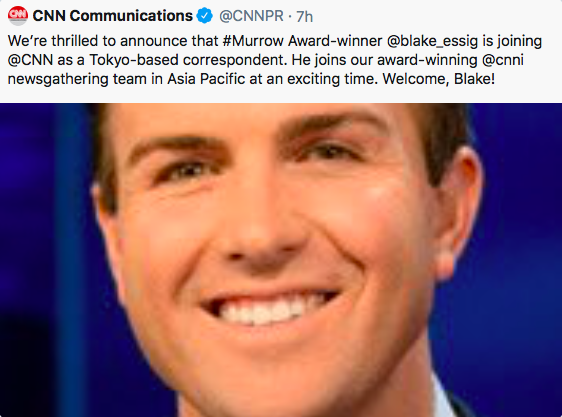The Anchorage Assembly is getting ready to establish government-to-government relations with the Village of Eklutna, which is within the Municipality of Anchorage near Chugiak. The Tribal Council of Eklutna estimates the population of the tribe to be about 70, with members scattered across Alaska.
That’s about the size of a large family, with aunts, uncles and cousins in the mix.
A resolution to be voted on Tuesday recognizes the tribe as a sovereign entity, but does not describe what sovereignty means in this context.
In general terms, tribal sovereignty means there is an inherent authority of indigenous tribes to govern themselves within the borders of the United States. However, most tribes are deeply dependent on federal, state and local governments, and are unable to actually function as sovereign entities. Tribes are sometimes called “domestic dependent nations” inside the U.S., as wards of the government that operate a limited amount of their own affairs.
The Anchorage resolution “recognizes there are inherent rights, opportunities, protections, and obligations that come with self-governance,” yet fails to describe those inherent rights, opportunities, protections, and obligations. Are they Second Amendment rights? What inherent rights do some Americans have that others don’t?
The resolution is silent on the definitions.
The matter of tribal gaming looms large in this discussion. In October, the tribe sued the Department of Interior for blocking the tribe’s attempt to open a gaming operation along the Glenn Highway near the Birchwood Airport in Chugiak. Mayor Ethan Berkowitz has come out in support of tribal gambling enterprise, which he has described as modest. The initial plan is for electronic bingo games.
Last year, the Interior Department ruled that the tribe does not have governmental authority over the specific land earmarked for the gaming facility. The land does not constitute “tribal land” under the Indian Gaming Regulatory Act, according to DOI.
Currently, there is just one tribal gambling operation in Alaska at the sole sovereign Indian Reservation in the state. Metlakatla opted out of the Alaska Native Claims Settlement Act, and chose to retain rights to its land, which is in federal trust status. The tribe runs an electronic bingo hall in the village.
The government-to-government compact would help the municipality have a seat at the table to further the gambling plans, which the tribe has been working on for two decades.
While many Alaskans are concerned that this new interpretation of sovereignty could open the floodgates to the development of casinos, others see economic opportunity and jobs.
The Eklutna members are arguing that the plot of land in question is part of their ancestral homeland, and that the tribe is active in land management and protection. The lawsuit says that the Department of Interior has ruled in favor of tribes in other states that want to operate “Class II” gambling facilities on non-reservation allotments.
Eklutna as a tribal government was organized in 1961, long after Anchorage was a growing metropolis. At the time, its membership was about 50. It is a federally recognized tribe, and among the smallest.
Its mission is “to empower Idlughet Qayeht’ana (Eklutna Village Dena’ina) by promoting the history, culture and identity of our sovereign nation, and to assist in the education and well-being of our Tribe.”
The resolution is sponsored by Assembly members Chris Constant, Kameron Perez-Verdia, and Forrest Dunbar, who is a declared candidate for mayor.


